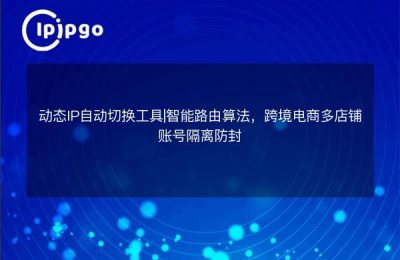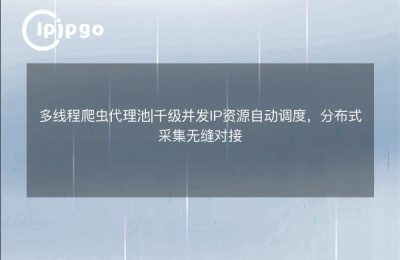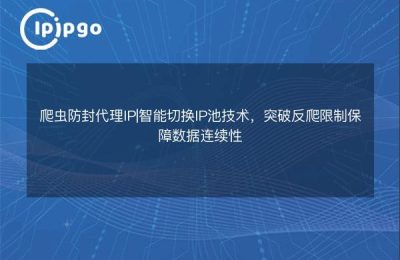
What is the main role of ip proxy
IP Proxy plays a very important role in the Internet world. Its main roles are to hide the real IP address, protect user's privacy, break through access restrictions, as well as increase access speed. Specifically, IP proxies enable anonymous access, allow users to access websites from different geographic locations, bypass geo-restrictions, and also speed up access and improve network stability.
Using an IP proxy can hide the user's real IP address and protect privacy and security. In some scenarios that require high network security, such as hacking and network blocking, using an IP proxy can effectively prevent the user's real IP address from being tracked and attacked by others. In addition, in some scenarios that require privacy protection, such as crawling data, accessing social media, etc., IP proxies can also effectively protect the user's privacy.
In addition, IP proxies can also break through access restrictions, allowing users to access websites outside of the country internally, or access geographically restricted network resources. For example, some domestic websites may not be accessible by domestic users because of geographic location restrictions, while using an IP proxy can masquerade as a domestic IP address, bypassing access restrictions and freely accessing these websites.
At the same time, IP proxy can also speed up access and improve network stability. By using an IP proxy, users can access servers that are closer to them and have faster network speeds, which speeds up data transmission and improves the user experience. In addition, it can also avoid network instability problems caused by network congestion or carrier speed limits.
Where do ip proxies get their ip's?
The IP address of an IP proxy usually comes from a proxy server. Proxy server is a kind of intermediate server, which acts as a bridge between the client and the target server, and forwards the request and response data through the proxy server. When a user uses an IP proxy, his or her network requests are first sent to the proxy server, which then forwards them to the target server, thus hiding the user's real IP address.
Proxy servers can obtain their IP addresses in a number of ways. The more common ways include buying and renting an IP address, applying for an IP address from the Internet registry, and obtaining an IP address from an Internet service provider. Some proxy service providers will purchase a large number of IP addresses and provide them to users. Users can configure proxy servers to use the IP address of the proxy server to access the Internet, so as to hide the real IP address.
In addition to public proxy servers, some highly anonymized proxy servers also change their IP addresses regularly to ensure the privacy and security of users when using the proxy. These IP addresses usually come from different geographic locations, and users can choose the appropriate IP address to use as needed to fulfill needs such as access restriction breaking or data collection.








